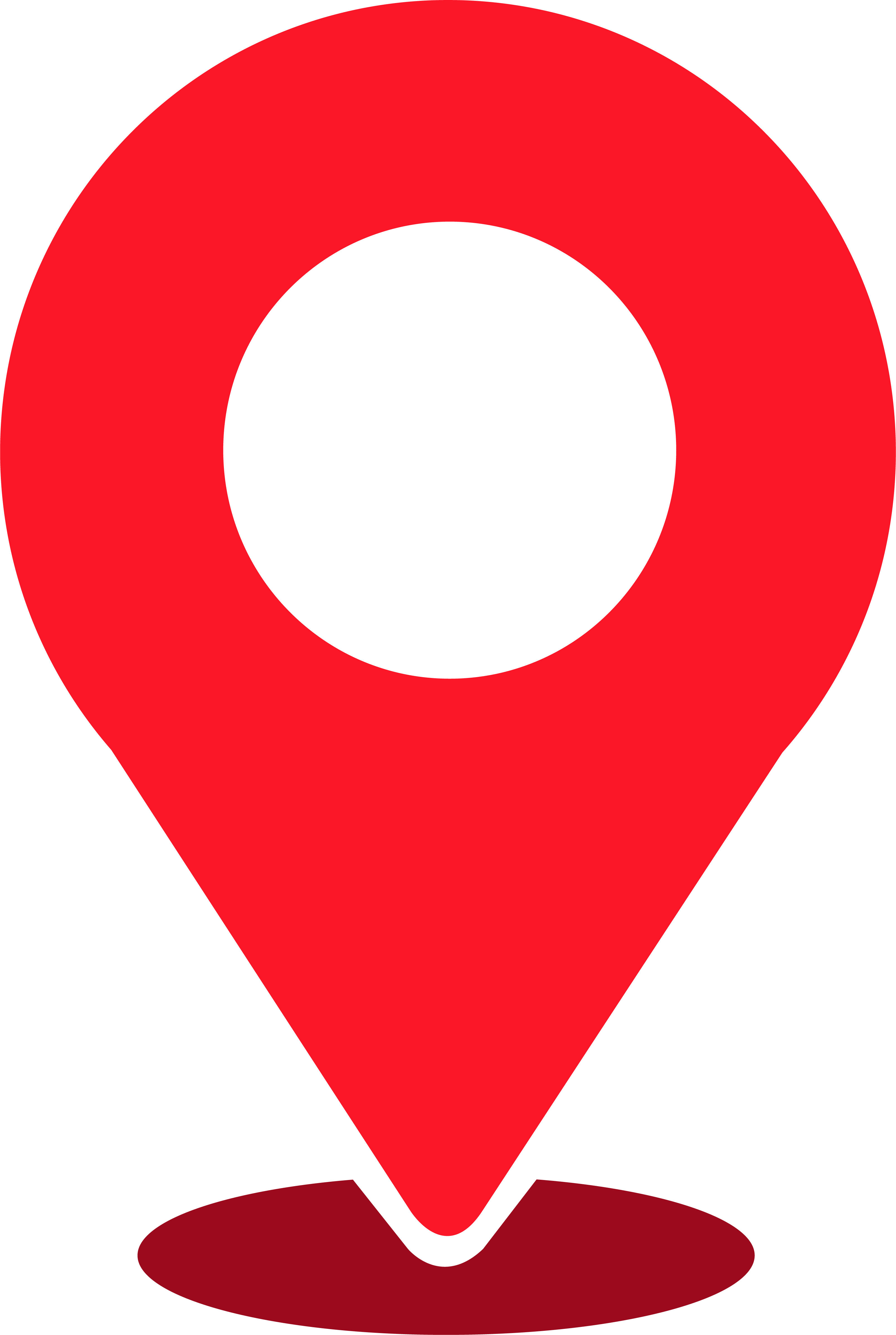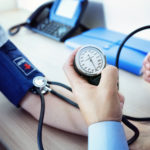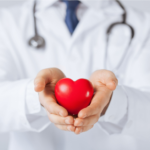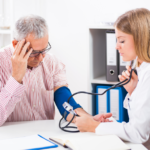What are Cardiovascular Diseases?
Cardiovascular diseases are a group of disorders of the heart and blood vessels. They are the leading cause of death worldwide, more people die each year from any of these diseases than from any other cause.
Cardiovascular diseases affect much lower and middle-income countries, more than 80% of deaths from this cause occur in these countries and affect almost equally men and women.
They are classified in:
- Hypertension (high blood pressure)
- Coronary heart disease (myocardial infarction)
- Cerebrovascular disease (stroke)
- Peripheral vascular disease
- Heart failure
- Rheumatic heart disease
- Congenital heart disease
- Cardiomyopathies
There are several known factors that increase the risk of developing cardiovascular disease, many of which are modifiable, that is, it can be prevented, eliminated or controlled.
Risk factors:
- High levels of cholesterol, triglycerides and other fatty substances in the blood.
- High blood pressure.
- High levels of uric acids in the blood (caused mainly by diets with a high protein content).
- Certain metabolic disorders, such as diabetes.
- Obesity.
- Smoking.
- Lack of physical exercise
- Chronic stress
For a complete assessment you can schedule an appointment at (662) 436 1350 or WhatsApp (662) 457 5537.
 Andenes Hermosillo, Bulevar Luis D. Colosio 671-Piso 7, Oficina 703, Santa Fe, 83249 Hermosillo, Son.
Andenes Hermosillo, Bulevar Luis D. Colosio 671-Piso 7, Oficina 703, Santa Fe, 83249 Hermosillo, Son.





